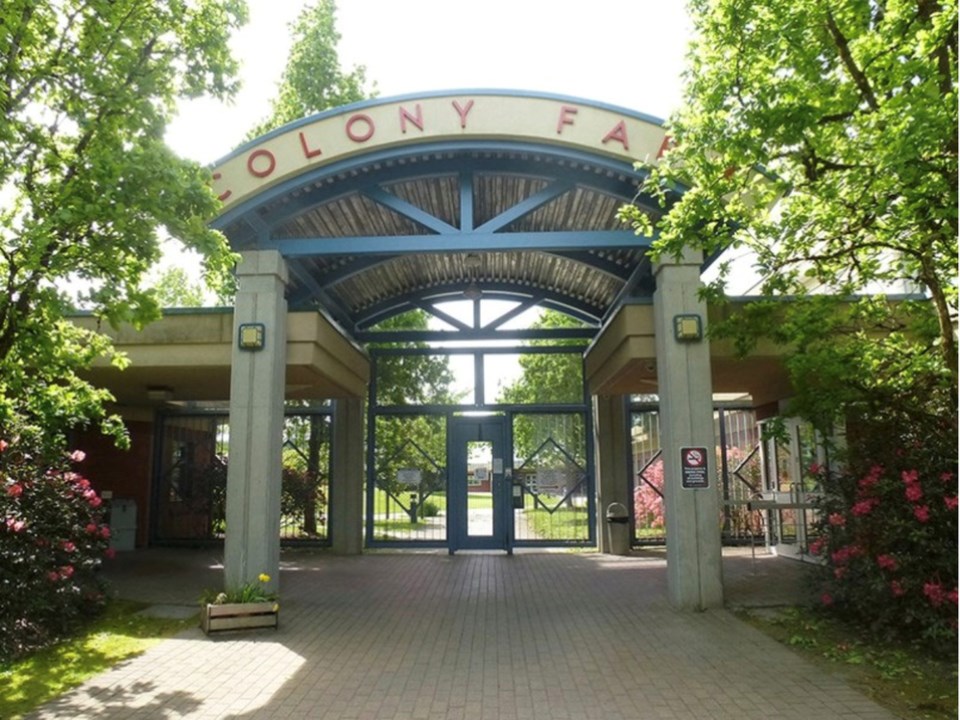"Dan" now has aspirations of starting his own business after experiencing — and earning — responsibility and trust.
The Coquitlam patient is grateful for the rehabilitation and incentives the Forensic Psychiatric Hospital (FPH) has provided in his time at the facility, including volunteer and paid jobs for the community's benefit.
Hundreds of others joined "Dan" in the FPH's vocational program, officially logging in 743 hours of volunteer service and more than 3,700 paid hours through the opportunities available in 2022.
All of which, Dan said, have helped build new skills for the community's sake as well as his own.
"What's great is the vocational program has something for everyone: horticulture, wood shop, even food services," he explained in a statement from the Provincial Health Services Authority (PHSA).
The authority's BC Mental Health and Substance Use Services division operates the 190-bed hospital, which is mandated by the BC Review Board.
Roughly 66 per cent of FPH patients live with severe mental illness and substance addiction(s). They're admitted when a court finds them not criminally responsible, "are unfit to stand trial due to a mental disorder or have been transferred temporarily from correctional centres to be assessed or treated under B.C.'s Mental Health Act."
Patients earned more than 630 paid and volunteer job opportunities through the vocational program this past year, according to the PHSA.
"It's all incentive based, which helps to build responsibility," Dan added.
"The more we show up, the higher privilege we graduate to and the better jobs we can get. I started as a unit cleaner at the hospital. Then I got to go do some more labour-intensive construction work. Now I work eight-hour days with a hardscaping company getting $25 an hour."
The goal of the hours logged is to also help build a resume for each participant, which will help them secure employment when they leave the hospital.
The PHSA said the vocational program also enables patients to use their time at FPH to discover new interests and be educated through job training sessions.
"For many of us, our jobs form a big part of our identity," said Ayesha Sackey, FPH director of allied health.
"Many of our patients face the dual stigma of mental illness and contact with the law, and without support, it can be difficult for patients to believe they can find work again. The vocational program helps them to feel ready to join the workforce, something that is a huge part of community reintegration."
Some of the numbers accomplished by FPH patients include:
- More than 780 hours in construction and contracting
- More than 1,000 hours in food services and hospitality
- More than 40 certifications in the Acquiring Community-Based Employment Skills program (ACES)
- Fall protection
- Forklift operation
- Occupational first aid
- Construction Safety



